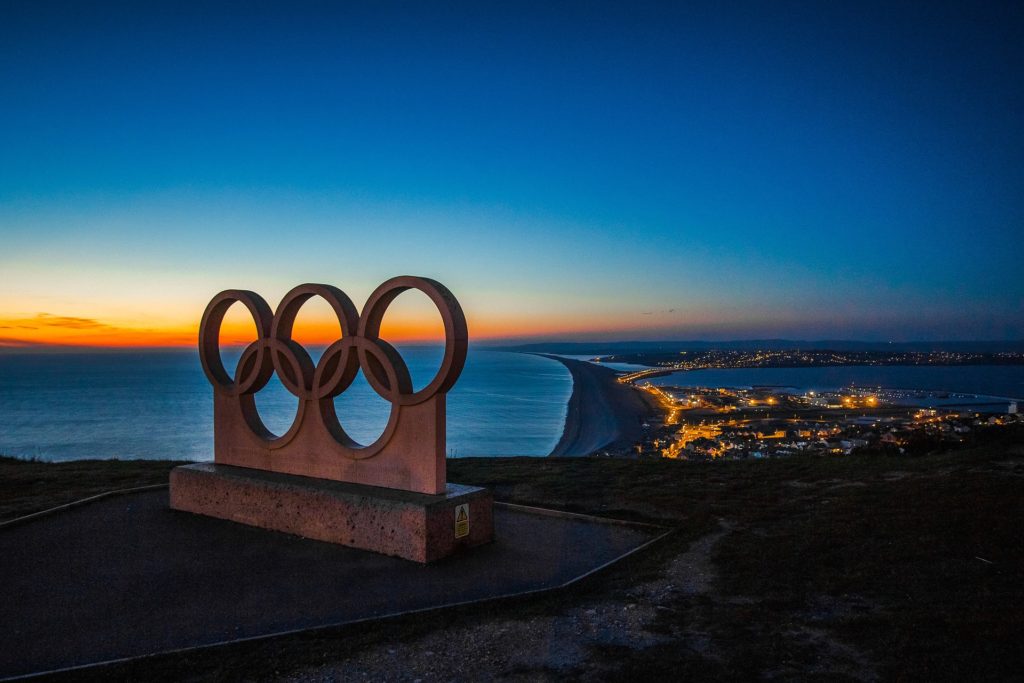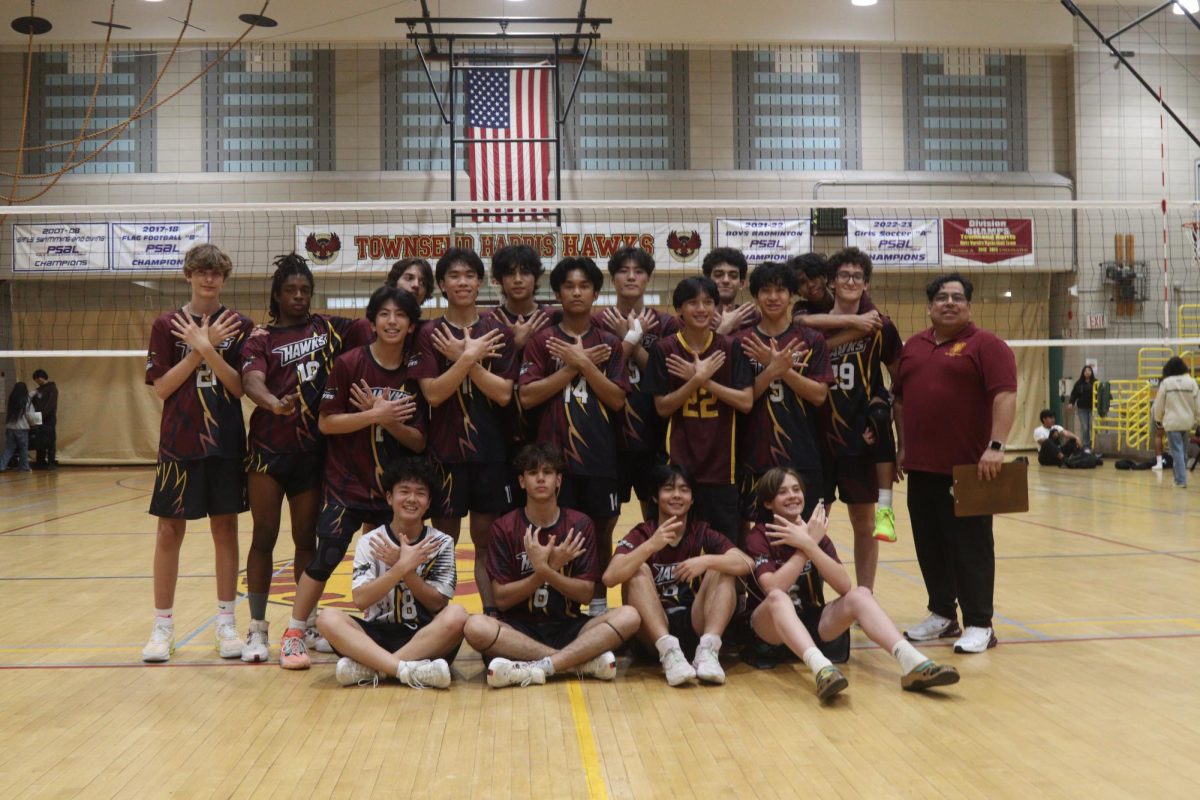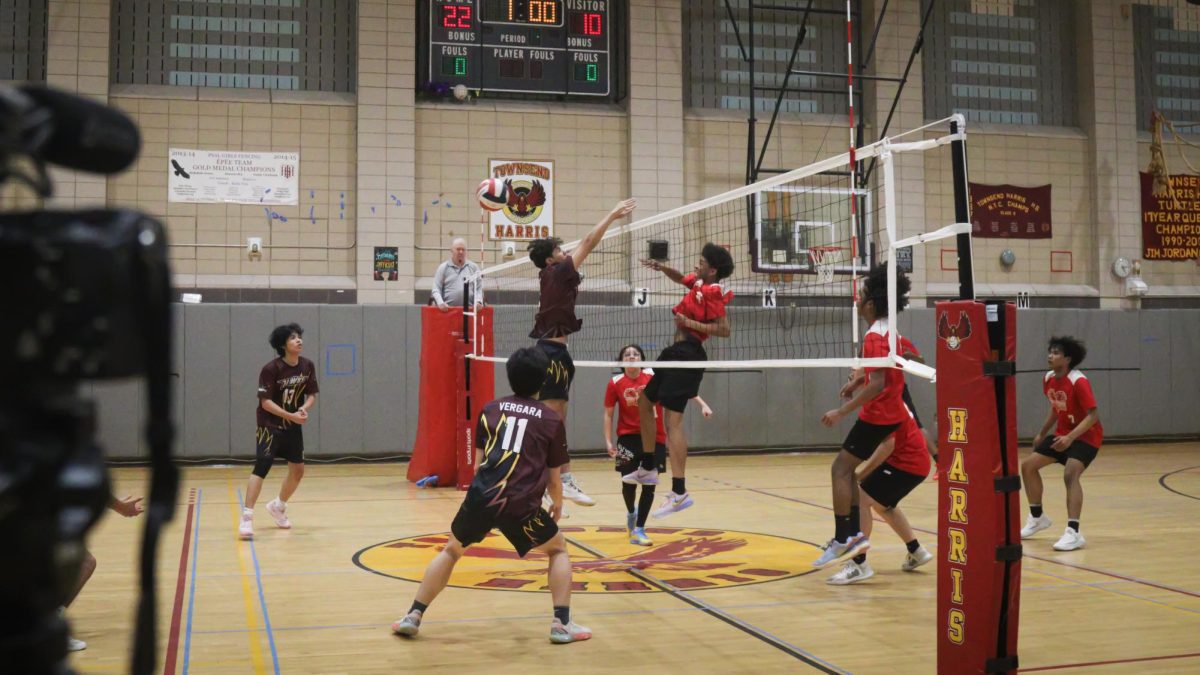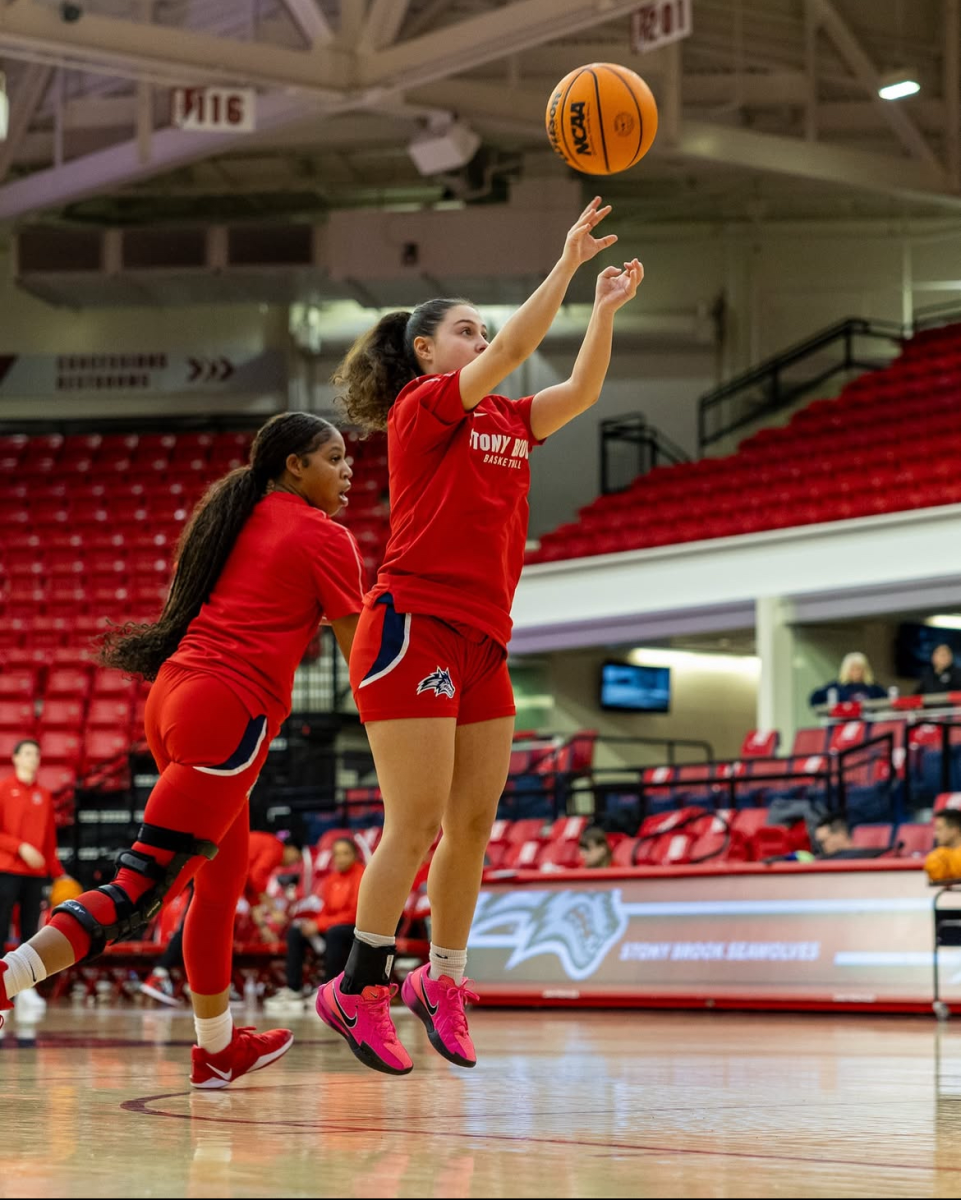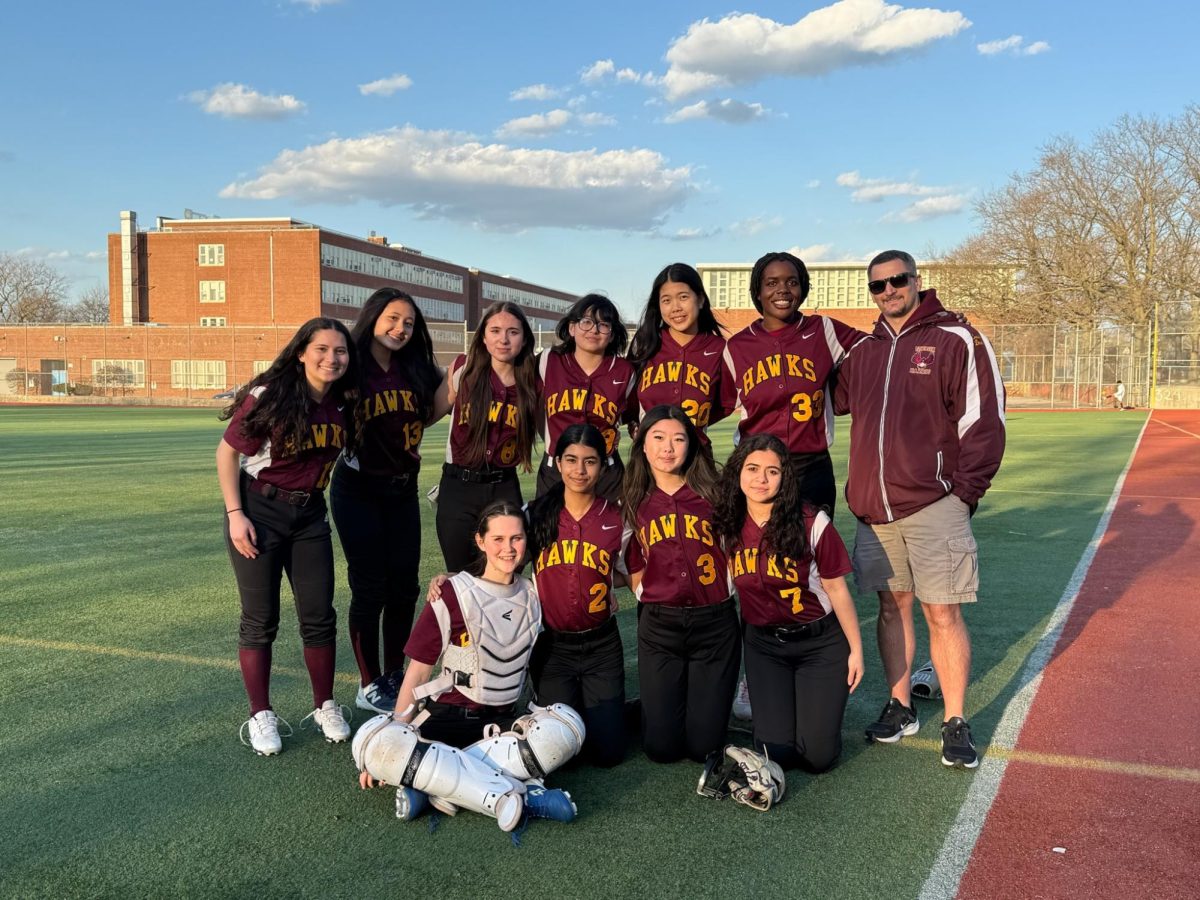
With the novel coronavirus spreading rapidly, the past few weeks have seen the cancellation of a number of sporting events. The NBA was the first to suspend its season, followed by the NHL, NCAA championship tournaments, and the delay of the start of the MLB season. Earlier this week, it was announced that the 2020 Olympic Games in Tokyo, Japan will be postponed until 2021.
Historically, the Olympic Games have only been canceled three times – the 1916 Summer Games due to the outbreak of World War I and the 1940/1944 Summer and Winter Games due to World War II. While the virus outbreak in Japan has scaled down, the situation is worsening everywhere else. Between athletes and team faculty in the Olympic Village, spectators, and event staff, the Olympics would’ve acted as a breeding ground for the virus.
As the number of cases in other countries have increased, many athletic organizations and Olympic Committees have pushed for the International Olympic Committee [IOC] to postpone the Games. USA Track and Field [USATF}and USA Swimming were one of the first to publicly address the US Olympic and Paralympic Committee [USOPC], and call for the postponement of the Games. In his letter to the USOPC, USA Swimming CEO Tim Hinchey wrote, “[Covid-19] has transcended borders and wreaked havoc on entire populations, including those of our respected competitors. Everyone has experienced unimaginable disruptions, mere months before the Olympic Games, which calls into question the authenticity of a level playing field for all.”
Postponement requires the cooperation of the Tokyo Organizing Committee, Tokyo authorities, all National Olympic Committees, and broadcasters. A multitude of logistics must also be addressed, such as the thousands of hotels booked by spectators. Regardless, IOC President Thomas Bach stressed the importance of protecting athletes and their families and contributing to the containment of the virus, in his message to the athletes.
In the meantime, many countries and their Olympic Committees have delayed qualifying and championship meets. Although frustration is inevitable and understandable, many athletes expressed their understanding and commended the IOC for acting in the interest of the athletes and the people. For some Olympic hopefuls, this postponement simply allows more time for them to continue training and improve.


























